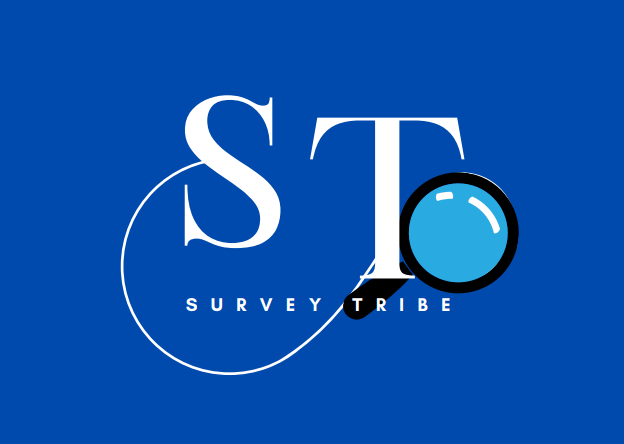In recent years, economic hardships have driven many Nigerians to seek opportunities abroad, a trend popularly referred to as “Japa.” Unfortunately, this desperation has created an opportunity for unscrupulous individuals to exploit and defraud unsuspecting Nigerians. This blog post aims to shed light on the alarming rise of travel-related scams in Nigeria, explain how these scams operate, and provide tips on how to protect yourself from becoming a victim.
Understanding the Scam
Fraudulent travel agencies use sophisticated and well-planned tactics to deceive their victims. They typically advertise enticing travel deals on social media, using attractive images and persuasive language to draw in potential customers. These deals often include discounted airfare, visa assistance, hotel bookings, and tour packages to popular destinations.
Once a prospective traveler expresses interest, the scammers request an upfront payment or a deposit to secure the booking. After receiving the money, they either disappear, become unreachable, or provide fake travel documents and itineraries. By the time the victim realizes they’ve been scammed, it’s usually too late to recover their money.
For example, a man who wished to remain anonymous shared his near-scam experience with a travel agency that promised to help him obtain a Certificate of Sponsorship (COS) for the UK. The agency charged him a total of 4.2 million Naira, requesting a 200,000 Naira processing fee and 2 million Naira once the COS was issued. However, after investigating the firm purported to provide the COS, he discovered it was not hiring at that time. Further inquiries revealed that the agency’s office address matched that of a previous scam attempt, indicating a possible network of scammers.
It’s important to note that not all travel agencies requiring processing fees or deposits are fraudulent, but caution is essential when engaging their services.

The Impact on the Travel Industry
The proliferation of travel scams has significant consequences. Legitimate travel agencies suffer as trust erodes among potential clients. The reputation of Nigeria’s travel industry is tarnished, affecting tourism and the broader economy. Additionally, individuals who fall victim to these scams often face substantial financial and emotional distress.
How to Protect Yourself
- Research Thoroughly: Before engaging with any travel agency, conduct extensive research. Check their reviews, ask for referrals, and verify their credentials. Legitimate agencies will have a solid track record and verifiable contact information.
- Verify Accreditation: Ensure the travel agency is registered with relevant regulatory bodies such as the Nigerian Civil Aviation Authority (NCAA) or the National Association of Nigeria Travel Agencies (NANTA).
- Beware of Too-Good-To-Be-True Deals: If a travel deal seems too good to be true, it probably is. Be cautious of exceptionally low prices and quick visa guarantees, as these are common red flags.
- Use Secure Payment Methods: Avoid paying cash or transferring money directly to personal accounts. Ensure you pay into a corporate account and not a personal account. Use secure payment methods such as credit cards, which offer some level of fraud protection.
- Request Detailed Documentation: Legitimate travel agencies will provide comprehensive documentation, including official receipts, detailed itineraries, and contact information for airlines and hotels.
Reporting Scams
If you suspect you’ve been scammed, report the incident and the contact details of the agency or individual to the Economic and Financial Crimes Commission (EFCC) and the Consumer Protection Council (CPC). Prompt reporting can help authorities track down scammers and potentially prevent further fraudulent activities.
Conclusion
The rise of travel scams in Nigeria is a concerning trend that calls for increased awareness and vigilance. By staying informed and adopting precautionary measures, you can protect yourself and others from falling victim to these deceptive schemes. Remember, a little caution can go a long way in ensuring your travel experiences are safe and enjoyable.
